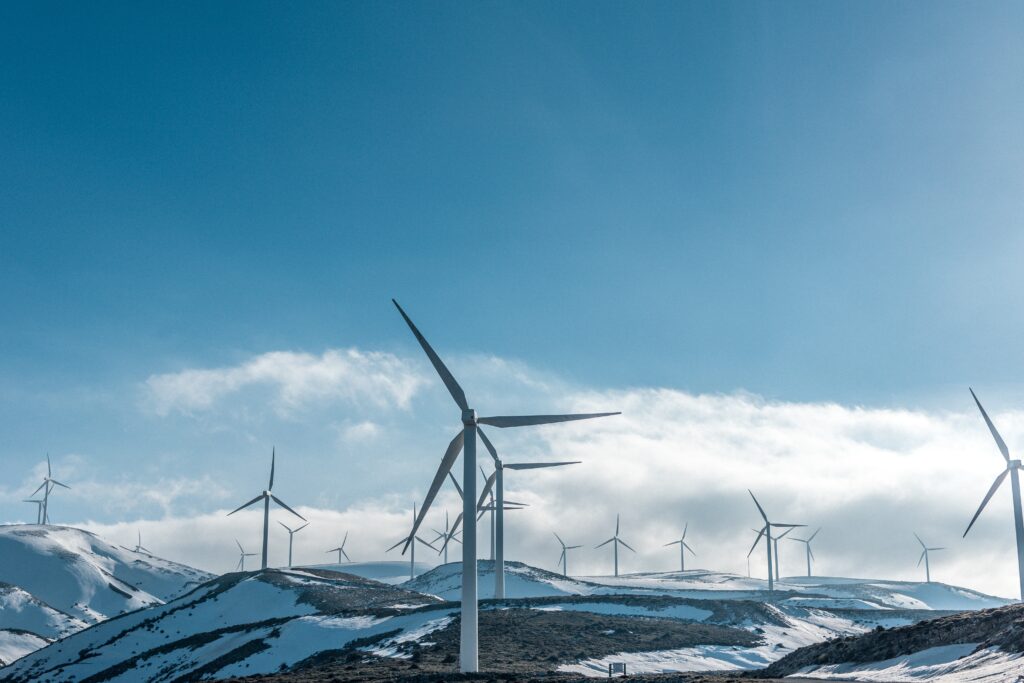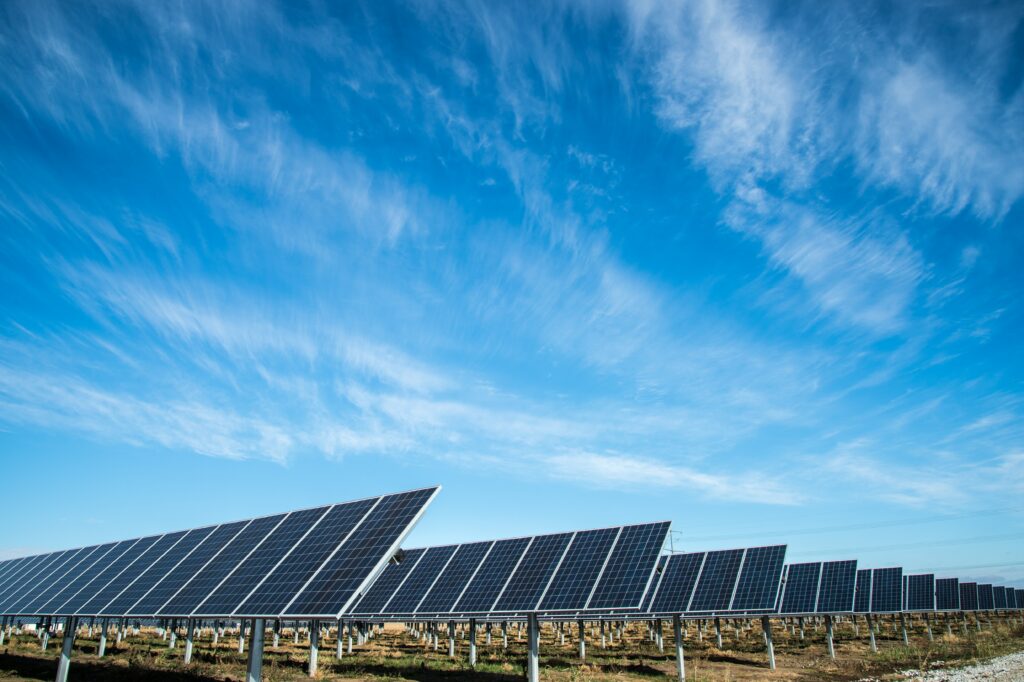How much will Africa benefit from renewable energy as its power grid grows?

Africa’s electricity capacity is expected to double by 2030, and with the rapidly falling costs of renewable energy technologies, the continent looks set to go green, but a new analysis suggests that fossil fuels will continue to dominate Africa’s energy mix over the next decade.
The scientists used a machine learning approach that looks at features, such as fuel type and financing, to control for the past successes and failures of power plants across the continent. Their findings suggest that renewable energy sources, such as wind and solar power, will account for less than 10 percent of Africa’s total electrical power generation by 2030.

In 2015, 195 countries pledged to reduce their fossil fuel emissions to limit global warming to well below 2 degrees Celsius by 2100; to achieve that goal, the world would have to reduce its emissions by 2.7% each year between 2020 and 2030. However, current pledges are not close enough to achieving that goal and energy demand from developing economies, including many on the African continent, is expected to rise dramatically by 2030, possibly leading to even more fuel emissions. fossils for decades to come.
Sin embargo, el precio de las tecnologías de energía renovable, en particular la energía eólica y solar, ha disminuido rápidamente en los últimos años; muchos científicos y activistas han dicho que esperan que los países africanos puedan aprovechar estas tecnologías, superando el crecimiento energético basado en el petróleo o el carbón intensivo en carbono y directamente construyendo plantas de energía renovable.

African countries face the difficult challenge of how to balance socio-economic development with sustainability, increasing the share of renewables in Africa’s electricity mix will not happen automatically by an invisible hand. It is something that has to happen from the top, from African governments and the international development community. The danger, is that once a fossil fuel power plant goes into production, it will stay in operation for 20 to 30 years, so it is very important not to get caught up in this, what is clear from the data set is that you must act now; this is not something that can be put off any longer.




Responses